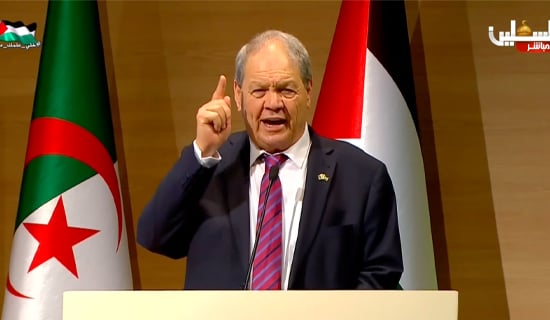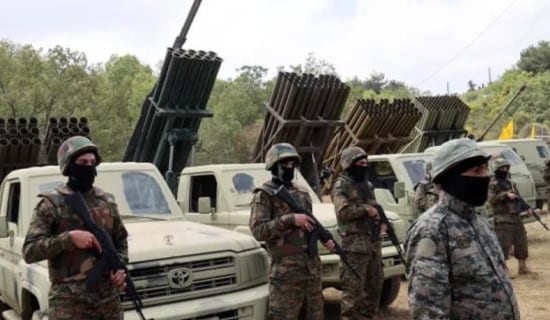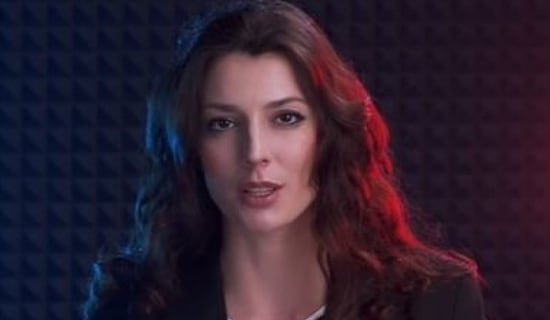On May 18, Austria's Vice Chancellor Heinz-Christian Strache resigned as vice-chancellor of Austria, minister, and chairman of the right-wing populist Freedom Party (FPÖ). Strache resigned, after a video surfaced, showing him meeting with a young woman posing as Russian oligarch Igor Makarov's niece in July 2017 in the Spanish island of Ibiza. In the video, Straches is seen promising public contracts in return for campaign help. Furthermore, the woman posing as Makarov's niece says that she wants to gain control of Austria's largest-circulation tabloid, the Krone Zeitung. Strache then suggested that new owners could use the Krone to help his party in the election campaign.[1]
It is worth noting that Russian billionaire Igor Makarov has denied any links to the "Ibiza scandal". "It’s well-known that I was the only child in the family and so I don’t have a niece,” Makarov, 57, told Forbes Russia.[2]
Commenting on the scandal, Kremlin Spokesperson Dmitry Peskov said: "I cannot provide any assessment regarding this video's emergence, since it has nothing to do with the Russian Federation, the [Russian] president or the [Russian] government. We do not know for a certainty who this woman was – whether she was at all a Russian or a Russian national."[3]
Russian Senator Konstantin Kosachev commented in his Facebook account that the video is an attack to the Austrian Freedom Party, ahead of the 2019 European Parliament elections, staged by the liberal "system". "'The System' has apparently stroke again: the ruling liberal forces have to at all costs discredit right wing politicians, whom they award the most pejorative titles of 'populists' and 'fascists', but, nevertheless, cannot cope with their growing popularity… Apparently the logic of 'the ends justify the means' is employed every more often – slander, the 'fashionable' accusations of working for the Kremlin, photographing from concealment… we are dealing with a preplanned campaign on an international scale…
"As it turns out, the 'the guardians of European democracy' do not really like democracy that much, since it does not guarantee the right result…But then the same people get surprised that ordinary people rapidly lose their trust in the European liberal elites, while the so-called populists (though it’s hard to imagine a greater populist than a liberal) gain ground."[4]
Russian expert Fyodor Lukyanov also suggested that "the presumptuous Strache" dived into a "lovingly set trap". Lukyanov then added that there are few who love Russian President Vladimir Putin "as sincerely and warmly" as the Freedom Party. Yet, Lukyanov commented, that it's dangerous to rely on such "human material" [sic] due both to its low quality and because the European political mechanism will sort them out anyway.
Below is Lukyanov's article:

Heinz-Christian Strache (Source: Pbs.org)
The Presumptuous Strache Dived Into A Lovingly Set Trap
"The Austrian scandal can be safely included in a textbook about modern political practices. Precise, flawless, and well prepared in advance, this punch was delivered not against Austria but against a trend, in order to reverse it.
"Strache and his kind are the weak link. They are provincial, small minded, and non-too sharp politicians reflective of fairly specific masses, with birth trauma of repulsive traditions of the Austrian ultra-right (with roots going back to the genuine Nazism of the 1930s). … They enjoy support– even slightly growing support– due to the establishment's intellectual bankruptcy.
"The presumptuous Strache dived into a lovingly set trap. He exposed himself, and exposed his senior partner Kurtz (by rank not by age). That was the objective of the entire operation. This was immediately followed by an avalanche of commentaries from both journalists and officialdom [pontificating]: that you cannot deal with populists, it is destructive to place them even near to power, even use them technically, because the populists will screw up everything both themselves and their benefactors.
"Great importance is attached to the upcoming European Parliament elections, sometimes even artificially. The European establishment compulsively treats them, as a Stalingrad – the decisive battle that will decide whether Europe will survive the populist onslaught. In fact, there is no real threat, even if the Euroskeptics are relatively successful, but the establishment is exploiting this pretext [of a populist threat] to mobilize [the voters]. …
"Yet, once again: the main objective is not to eliminate specific parties or politicians but to reverse the trend, where the formerly untouchable [populist] forces, started to merge with the ruling stratum, gradually entering and thus altering it together with the ruling ideological framework…
"Russia should draw two lessons from this scandal. First, unfortunately, the Russian issue has become a political instrument in Europe as well, and is being used in order to settle scores and eliminate opponents. Russia is toxic; it's used in order to hound the scum, who should not exist from the respectable establishment's perspective. It's quite revealing that a few days after the scandal broke, none of the gallant investigative journalists and civic activists has even attempted to clear up the identity of Alena, the oligarch's mysterious niece. Actually, this is unimportant, since it's merely a brand. Even in Austria they generally have no doubt that this was a skillful set up, a scripted and prepared in advance action and presumably not the last one…
"Second, the quality of those with whom Moscow frequently collaborates with in the EU. Right wing politicians, I can affirm this based on my own experience, are genuinely sympathetic towards Russia and there are few who love Putin as sincerely and warmly as the Freedom Party functionaries. Yet, it's dangerous to rely on such human material [sic] due both to its [low] quality and because the European political mechanism will sort them out anyway."








